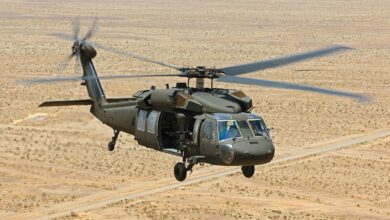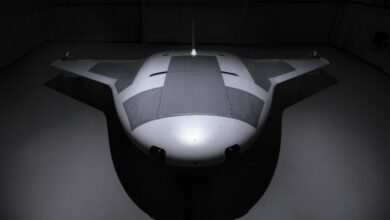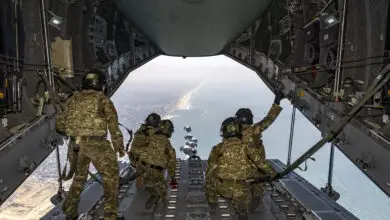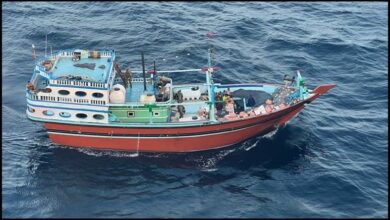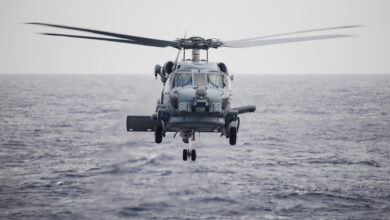US Navy Orders 35 CH-53K Heavy-Lift Choppers for $2.7B
The US Navy has awarded a $2.7-billion contract to Lockheed Martin’s Sikorsky for 35 CH-53K heavy-lift cargo helicopters.
The contract is the largest ever for the multi-mission rotary-wing aircraft, according to the company.
Twenty-seven CH-53Ks will be handed over to the US Marine Corps, while the remaining eight will be supplied to Israel.
According to Sikorsky President Paul Lemmo, the agreement stabilizes the company’s supply base and provides its latest customers with “transformative 21st century technologies” necessary for modern warfare.
“Our long-standing partnership led to this best value contract award providing the capability and readiness the Marines need,” he said.
Delivery of the helicopters will begin in 2026.
Foreign Military Sale
In 2022, the Israeli Air Force purchased four CH-53K choppers under a US Navy foreign military sale agreement.
The additional eight aircraft will support the service’s special operations programs, cargo transport, and search and rescue missions.
They are also expected to provide Jerusalem with a platform that has the speed, safety, survivability, and gross weight capability to support combat operations.
Earlier this year, the US and Israel jointly procured 169 T408 turboshaft engines from General Electric Aviation to improve the performance of their CH-53Ks.

About the Helicopter
Dubbed the “King Stallion,” the CH-53K is regarded as the most powerful helicopter in the US military.
It can carry 27,000 pounds (12,247 kilograms) of cargo over 110 nautical miles (203 kilometers/126 miles).
The chopper’s cabin section is wider than its predecessor, the CH-53E, and it can internally load a High Mobility Multipurpose Wheeled Vehicle (Humvee).
Externally, the King Stallion can lift two up-armored Humvees or a light armored vehicle in high/hot conditions.
It also has a next-generation glass cockpit and fly-by-wire controls for improved survivability and safety.




